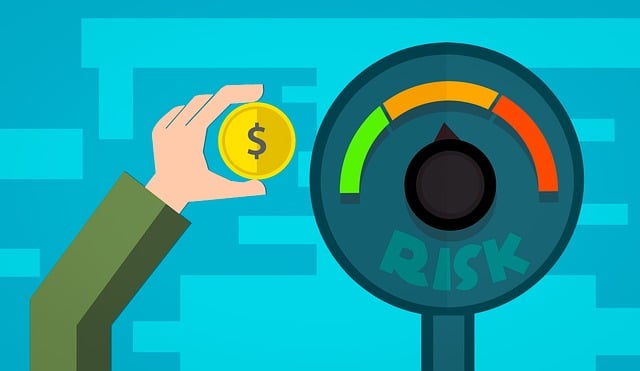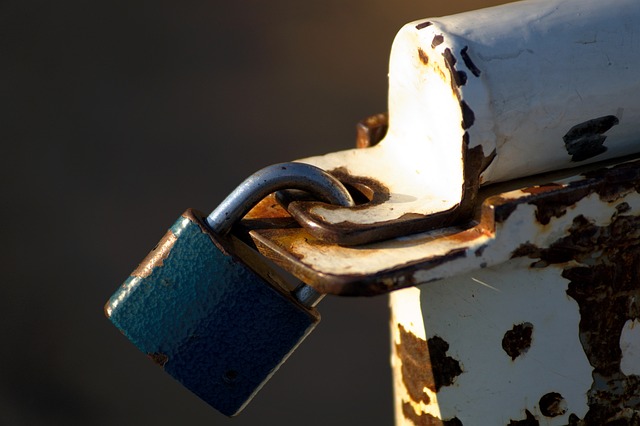Comprehensive Liability Insurance (CLI) is an essential shield for businesses, offering robust protection against diverse liabilities including bodily injury, property damage, medical expenses, and legal costs. It goes beyond standard protections by covering product defects, professional negligence, personal injuries, and advertising mishaps. CLI provides peace of mind, financial stability, and the resources to navigate legal disputes, enabling businesses to focus on growth and maintaining their market position in a fast-paced, legally complex environment. Assessing business risks, understanding policy exclusions, and tailoring coverage based on industry needs and daily activities are crucial for effective CLI.
In today’s competitive business landscape, safeguarding your enterprise against potential risks is paramount. One of the most effective strategies to ensure long-term stability and financial security is through comprehensive Comprehensive Liability Insurance. This article delves into the intricacies of this vital coverage, guiding you through its definition, necessity, key components, different types, risk assessment, benefits, common exclusions, and obtaining the right policy. Understanding Comprehensive Liability Insurance is the first step in protecting your business from unforeseen events.
Understanding Comprehensive Liability Insurance: A Definition

Comprehensive Liability Insurance is a critical component of any robust business protection strategy. This type of insurance safeguards businesses against a wide range of potential liabilities, including bodily injury or property damage caused to third parties, as well as medical expenses and legal costs arising from such incidents. It goes beyond standard liability coverage by offering comprehensive protection against various risks that can significantly impact a business’s financial health.
By purchasing Comprehensive Liability Insurance, businesses can safeguard themselves from claims related to product defects, professional negligence, and even personal and advertising injuries. This insurance provides peace of mind, ensuring that if unforeseen circumstances lead to legal disputes or financial losses, the business has the necessary resources to navigate these challenges and minimize potential damage.
Why Businesses Need Comprehensive Liability Protection

In today’s dynamic business landscape, where legal complexities and potential risks are ever-evolving, having Comprehensive Liability Insurance becomes an indispensable shield for any organization. This insurance is a robust solution designed to safeguard businesses from financial ruin caused by claims of bodily injury or property damage, as well as various liability issues that may arise from their operations. Without adequate protection, businesses risk facing significant financial burdens and even potential closure due to unforeseen circumstances.
Comprehensive Liability Insurance offers peace of mind by covering a wide range of scenarios, including accidents involving customers on business premises, product defects leading to injuries or property damage, and professional negligence claims. It ensures that businesses can navigate through legal challenges without the added strain of financial obligations, allowing them to focus on growth and maintaining their reputation in an increasingly competitive market.
Key Components of a Comprehensive Liability Policy

Comprehensive Liability Insurance is an indispensable shield for businesses, designed to protect against a wide range of potential risks and liabilities. The key components of such a policy vary but typically include coverage for bodily injury and property damage claims arising from accidents or incidents on business premises, as well as personal and advertising injury, which can cover situations like slander, libel, or copyright infringement.
These policies also extend to medical expenses, legal fees, and court costs incurred due to covered events. Additionally, comprehensive liability insurance often includes business interruption coverage, which compensates for lost revenue during periods when the business must close temporarily due to a covered event. This ensures that businesses can continue operations without financial strain during challenging times.
Different Types of Liability Coverage

Comprehensive liability insurance is a crucial component in safeguarding your business from potential risks and financial losses. This type of coverage offers protection against various claims, providing a safety net for unexpected events. One key aspect is general liability, which is often included as standard and covers accidents or injuries caused to customers, visitors, or third parties on your premises. This includes medical expenses and legal fees associated with such incidents.
Other types of liability coverage extend beyond this basic protection. Professional liability insurance, also known as errors and omissions coverage, shields businesses from claims related to professional mistakes or negligence in services provided. Additionally, product liability insurance is essential for manufacturers and retailers, offering protection against lawsuits arising from defective products that cause harm. These different policies collectively form a robust defense mechanism, ensuring business owners can navigate liabilities with confidence.
How to Assess Your Business's Risk for Comprehensive Liability

Assessing your business’s risk is a crucial step in determining your need for comprehensive liability insurance. This involves evaluating various internal and external factors that could potentially expose your company to financial loss or legal liabilities. Start by identifying your business activities, products, and services, as these will dictate potential risks. For instance, if your business handles customer data, there’s a risk of data breaches, which can lead to significant financial fines and damage to your reputation.
Next, consider your location and industry standards. Certain industries, like construction or healthcare, face higher liability risks due to their nature. Similarly, the physical location of your business may impact its vulnerability; areas with high foot traffic or complex regulatory environments require more robust risk management strategies. Regularly reviewing and updating your risk assessment is vital, as businesses evolve and external factors change, ensuring that your Comprehensive Liability Insurance policy keeps pace with these developments.
Benefits and Advantages of Carrying Comprehensive Liability Insurance

Comprehensive Liability Insurance offers businesses invaluable protection against a wide range of potential risks and claims, providing peace of mind in an uncertain business landscape. One of its key advantages is broad coverage; it not only shields against common liabilities like accidents and injuries on premises but also extends to damages from property damage, personal injury, and even advertising mistakes. This comprehensive approach ensures that businesses are shielded across multiple aspects of their operations.
Moreover, this type of insurance provides businesses with financial security in the event of unexpected lawsuits or claims. It can cover legal fees, settlement costs, and medical expenses, preventing significant financial strain on the business. By mitigating these risks, Comprehensive Liability Insurance allows businesses to focus on growth, innovation, and long-term success without the constant worry associated with potential liabilities.
Common Exclusions to Look Out For in Comprehensive Liability Policies

When considering Comprehensive Liability Insurance, it’s crucial to be aware of potential exclusions that could limit your protection. These policies generally cover a wide range of liabilities, but there are certain situations and activities not always included. Common exclusions may include events involving intentional acts, such as fraud or assault, where the insured person intends harm. Additionally, policies often exclude liability arising from war, terrorism, radiation, or contaminant-related incidents, requiring separate coverage for these risks.
Moreover, specific types of businesses might face unique challenges. For instance, construction sites may not be covered for damages occurring off-site, while professional services like legal or medical practices could face exclusions for errors and omissions, necessitating additional endorsements to fill these gaps. Understanding these exclusions is essential to ensuring your Comprehensive Liability Insurance provides the intended comprehensive protection for your business operations.
Obtaining the Right Comprehensive Liability Insurance for Your Business

Choosing the right comprehensive liability insurance is a vital step in safeguarding your business against potential risks and financial liabilities. This type of insurance provides a robust shield by covering various claims, from personal injury to property damage, and even professional services gone awry. When selecting a policy, businesses should consider their industry-specific needs; for instance, a construction company may require higher limits due to the nature of its operations.
Assessing risk exposure is key to finding the best fit. This involves evaluating everyday business activities, understanding customer expectations, and considering potential hazards. By taking this proactive approach, you can select an insurance plan that aligns with your business’s unique profile, ensuring adequate protection without unnecessary coverage gaps or over-inflation of premiums.
